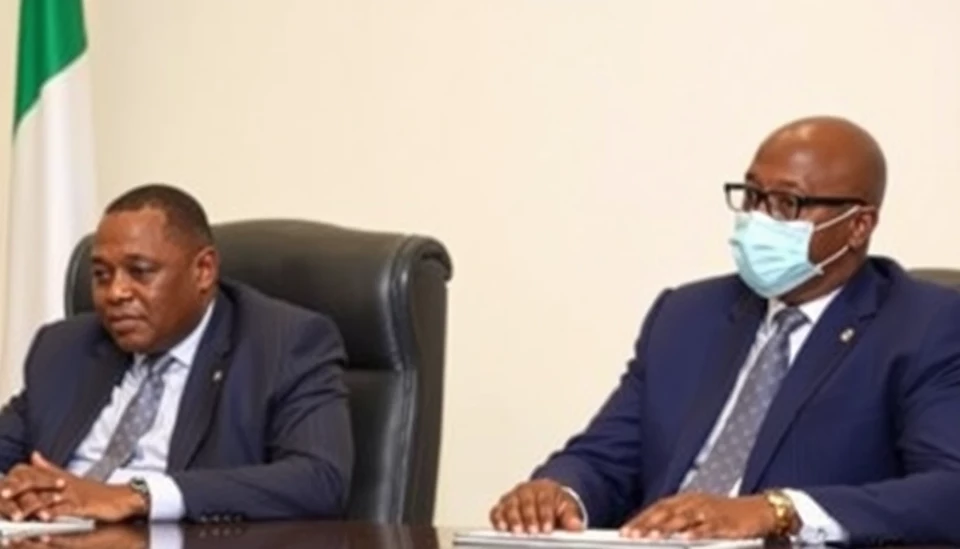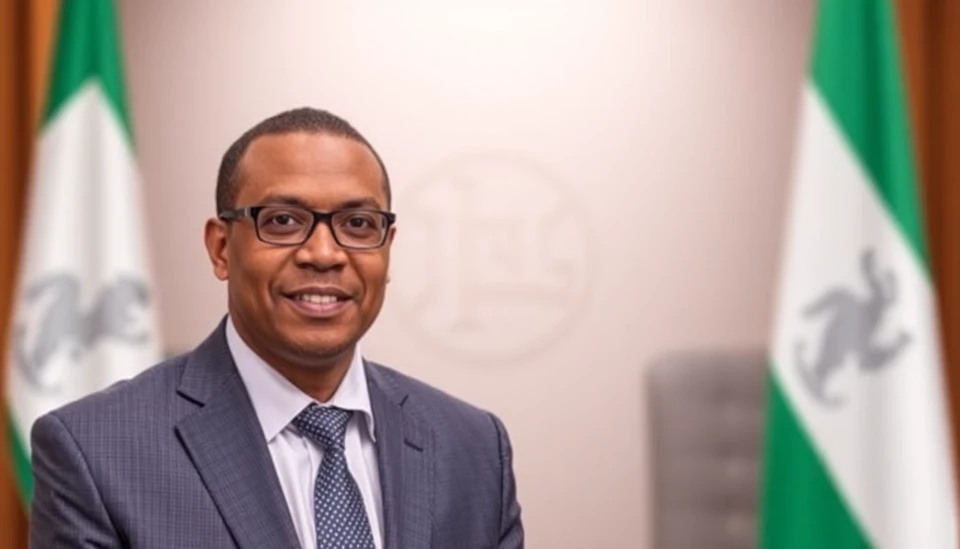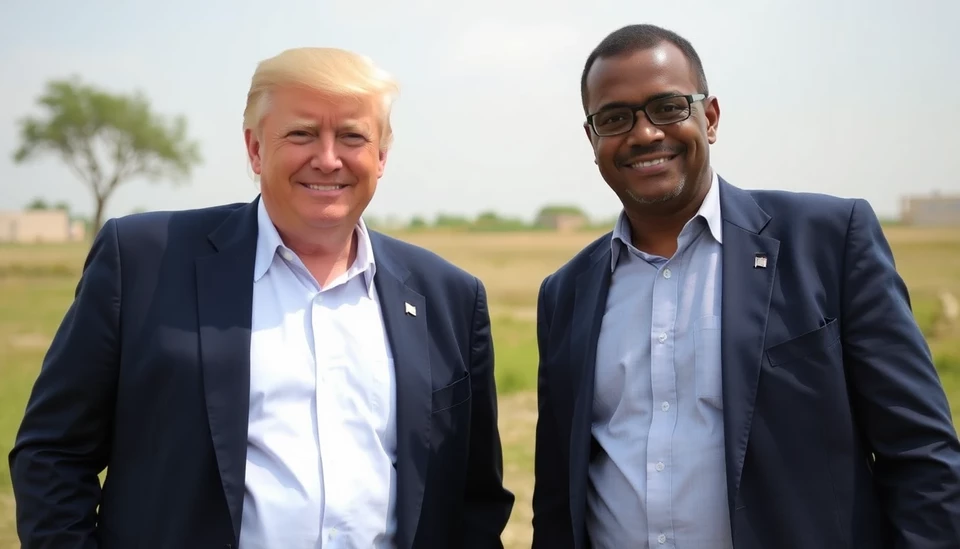
In a significant development within Nigeria's economic landscape, state governors have expressed conditional backing for proposed tax reforms aimed at boosting the nation’s dwindling revenues. This move comes as the country continues to grapple with financial difficulties exacerbated by dwindling oil prices and rising inflation rates. The governors' cautious support signals a potential shift in the fiscal policy approach at the state level, which could reshape the way revenue generation is handled across the nation.
The discussions surrounding these tax reforms were spearheaded during a recent meeting where various stakeholders emphasized the need for expanding Nigeria's tax base beyond oil revenues. With Nigeria historically relying on oil for the majority of its income, there is increasing recognition that diversifying revenue sources is essential to stabilize the economy and promote sustainable growth.
However, the governors' endorsement comes with stipulations. They have called for a thorough review of the tax policies to ensure that they do not impose excessive burdens on the citizens. The governors are particularly concerned about the potential impact of increased taxes on local businesses and the average Nigerian, who is already feeling the pressure from rising costs of living.
The Nigerian economy has faced various challenges in recent years, with inflation rates climbing steadily and creating a challenging environment for both consumers and businesses. As part of their conditions, the governors are advocating for measures that would shield the most vulnerable populations from the effects of tax hikes while also ensuring that larger corporations contribute fairly to the tax system.
This emphasis on equity in the tax system reflects a broader trend among state governors to prioritize the welfare of their constituents while navigating the complex landscape of fiscal policy reform. Several governors have highlighted the necessity of implementing tax incentives to stimulate economic activities and attract investments, which could, in turn, expand the tax base over time.
The discussions regarding tax reforms are part of a larger initiative to revamp Nigeria’s financial strategies to better respond to the changing global economic environment, where reliance on a single commodity has proven to be a vulnerability. As such, the governors' cautious yet progressive stance on potential reforms indicates a collaborative effort to address the nation’s economic woes while considering the direct impact on the citizenry.
As the situation develops, it is crucial for the Nigerian government to maintain open lines of communication with both state leaders and the public to ensure that any changes to tax policy are well understood and widely supported. With the backing of state governors, the proposed reforms may gain the required momentum to pass, provided that the concerns for fairness and economic burden are addressed adequately.
The ongoing dialogue among governors is a necessary step toward achieving a balanced approach to tax reform that meets both the revenue needs of the state and the economic realities faced by Nigerians. The successful implementation of such reforms will undoubtedly play a pivotal role in Nigeria’s recovery and growth trajectory in the years to come.
As Nigerians await the outcome of these negotiations, the collective hope is that these initiatives will lead to a more resilient economy with a diversified revenue stream, ultimately benefitting all citizens.
#Nigeria #TaxReforms #StateGovernors #EconomicChallenges #OilCrisis #FiscalPolicy #RevenueGeneration #EconomicGrowth #SustainableDevelopment #PublicPolicy
Author: Laura Mitchell




